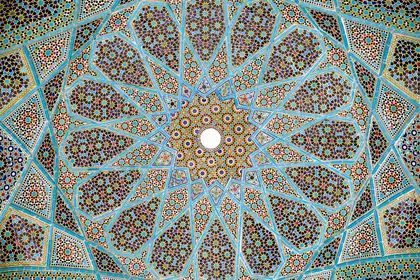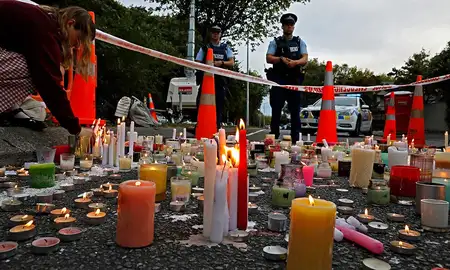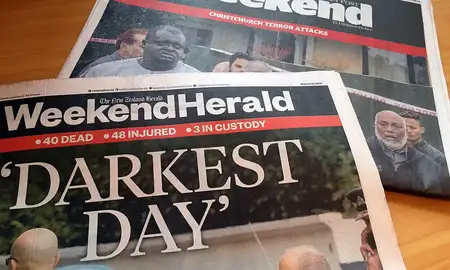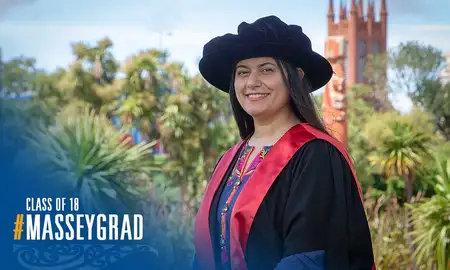
It is the first study that looks into Islamophobia reported by Muslims, with insights from the Muslim community in relation to future research and policy.
Over 85 per cent of Muslims living in Aotearoa New Zealand believe that Islamophobia exists in this country, and more than half has experienced discrimination, according to the first baseline study of Muslims in New Zealand.
The study took place in 2023 and sought to understand discrimination, experiences of exclusion, Islamophobia, feelings of heightened vigilance, social cohesion, relation/reporting to the authorities and feelings of safety/wellbeing.
A majority of the respondents were highly educated (95 per cent at high school level or above and 45 per cent of these at master’s and PhD level), earning a high income and could speak English. The study was unable to capture those who live on the margins or cannot speak English.
Following the 2019 Christchurch Mosque attacks, the need to research Muslims’ experiences of discrimination and inclusion in New Zealand, and the impacts on their wellbeing, became increasingly evident. Following several huis between Government and Muslim organisations between 2021 and 2023, the need for a baseline study was formalised.
Dr Fatima Junaid from the School of Management led the project, alongside Dr Shemana Cassim from the School of Psychology and community researcher Jennifer Khan-Janif MNZM.
Dr Junaid says the insights into experiences of discrimination amongst those surveyed were striking.
“More than 50 per cent of respondents felt that others treated them as if they were not smart, were afraid of them, or acted as if they are better than them. Sadly, 58 per cent of respondents also felt that their children have been discriminated against at school.”
She adds that more than half of the respondents said they had felt they were treated with less respect and courtesy, or received poorer service, than their non-Muslim counterparts.
“The most common coping mechanisms for dealing with these difficult circumstances were praying harder, working harder and finding support within their own communities. Reporting to the authorities and attending counselling were the least popular ways of coping amongst respondents."
The persistence or existence of Islamophobia was another area that the research delved into. The majority of respondents (87 per cent) believed that it exists in New Zealand, and 56 per cent stated that they had personally experienced it. Over 60 per cent believed that women are at risk in relation to Islamophobia.
“The experiences of Islamophobia were at school, university, within the streets, in public spaces or while dealing with authorities. The most targeted people were those who wore religious clothing such as thobe or hijab,” Dr Junaid explains.
Half of the survey respondents stated that Islamophobia negatively affected their mental wellbeing.
Within the workplace, over 40 per cent of respondents felt that they were not treated fairly, that a less qualified colleague was promoted ahead of them, or that others assumed they were in a job of lower status and treated them as such.
Dr Junaid says it is sad to see that more than 40 per cent of respondents felt that they were in a state of heightened vigilance in their everyday interactions, and 50 per cent felt that they had to be careful about their appearance to get good service or avoid being harassed.
The research also asked respondents to comment on how they believed islamophobia could be overcome.
“The majority of respondents took the onus of getting involved and actively doing something to deal with Islamophobia upon themselves,” Dr Junaid says.
One respondent gave the following response:
“In my experience, non-Muslims have many incorrect ideas about us because of mainstream media. This makes it exhausting sometimes to be close to them, constantly having to explain yourself and overcome their negative perceptions of you. Perceptions that have nothing to do with you as an individual. Separately, Muslim communities are afraid of how they'll be treated so they prevent their children from participating in community events on their own or pursuing close friendships with non-Muslims. This needs to be addressed, possibly with more support and opportunities for children of different communities to mingle. I do think that if we had had the opportunity to have closer relationships with the mainstream community as children, it would increase cultural understanding and community between Muslims and non-Muslims.”
Dr Junaid says respondents had some great ideas on ways forward.
“We got a whole list, but the broad areas focused on better integration of first-generation Muslims into the community through better infrastructures, more diversity in curricula and general acceptance of Muslimness."
The study was conducted by researchers from Te Kunenga ki Pūrehuroa Massey University and funded by the Federation of Islamic Associations of New Zealand (FIANZ) and the New Zealand Islamic Think Tank (ANZITT).
Read the full report here.
A video about the study and its findings can be viewed here.
Related news
Opinion: Supporting those traumatised by terrorism
As many Muslims return to mosques today, they will need ongoing support. Massey lecturer Fatima Junaid shares insights from her research and personal experience.

Opinion: Mosque shootings - politics of hate ends our innocence
Extremist politics, including the extreme nationalist and white supremacist politics that appear to be at the core of this attack on Muslims, have been part of our community for a long time, says Distinguished Professor Paul Spoonley.

PhD graduate’s personal exploration of job stress and trauma
Very few New Zealanders understand what it's like to live under the constant threat of terrorism. But PhD graduate Dr Fatima Junaid knows only too well.
